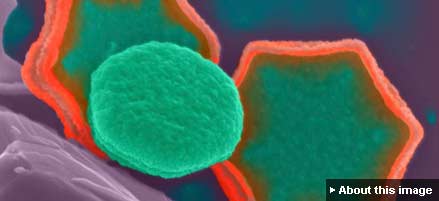Nanoscience researchers from TU Delft showcased their research at the annual March Meeting of the American Physical Society that took place from March 3 to March 7 in Denver, Colorado.
Figuring heavily among the TU Delft attendees was a team from the Kavli Institute of Nanoscience, Faculty of Applied Science. Other Delft participants were from the Micro and Nano Engineering Laboratory from the Faculty of Mechanical, Maritime and Materials Engineering. There were 34 presentations from TU Delft in total.
The Kavli Institute of Nanomaterials constituted the majority of researchers who co-authored abstracts that were presented at the meeting. The sessions they participated in ranged from superconductivity to quantum entanglement. In an abstract titled “From remote entanglement between solid state qubits to deterministic quantum teleportation,” post-doctoral fellow Dr. Hannes Bernien and other researchers from the Kavli Institute talk about their research with industry and McGill University researchers on entanglement.
Last spring the Hanson lab, to which Bernien belongs, reported their findings on detecting two quantum particles interacting at very large distances from one another, or entanglement. Their research was published in the journal Nature. Dr. Bernien and members from his team presented these findings and how they could form the basis for teleportation between these distant particles. Teleportation, in the context of quantum information, means that not only could positions be swapped but also speed or other states.
Many of the TU Delft presenters talked about research that they have done with other universities, such as the University of Leiden and Harvard University. Yet still, the Kavli Institute of Nanoscience dominated the TU Delft submissions with its work on quantum entanglement.
The American Physical Society holds several meetings throughout the year including several regional monthly meetings and two annual meetings. The March meeting brings scientists and students together for a week full of presentations from industry and academia. The April meeting focuses more on particle and nuclear physicists and astrophysicists.
PhD student Shou-En Zhu of the Department of Precision and Microsystems Engineering did not attend the APS meeting (“My colleague did the presentation for me,” he wrote in an email.). He, along with Dr. Victor Calado and other researchers at 3mE, demonstrated the high conductivity of graphene sheets in a recently published paperin Applied Physics Letters.



Comments are closed.